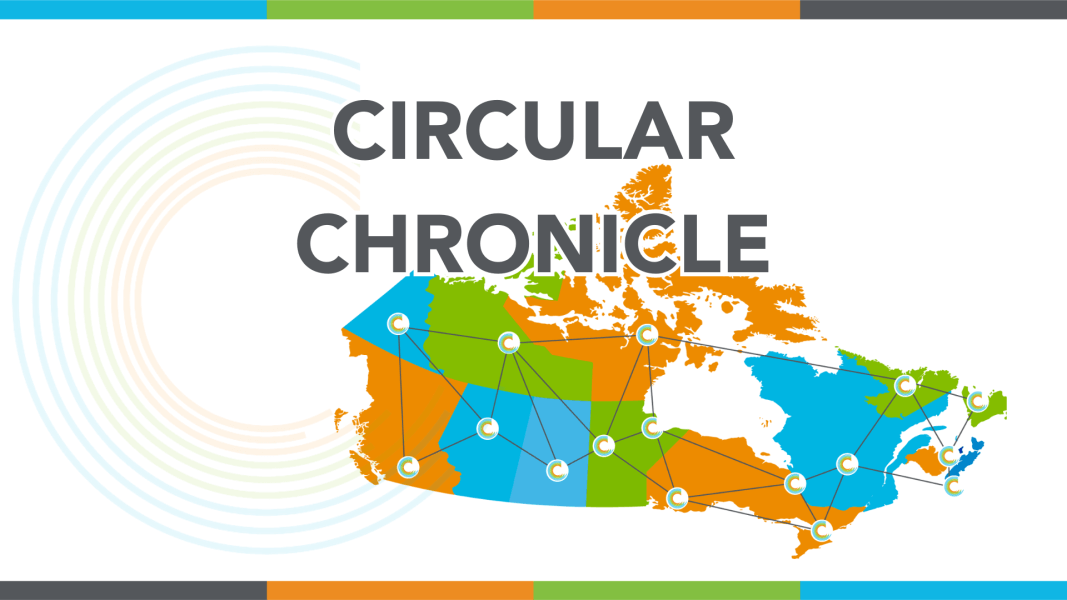
Double-A batteries are among the most commonly used — and disposed of — in Canadian households. According to Call2Recycle, the not-for-profit that manages this type of waste, Canadians recycled 4.1 million kilograms of batteries in 2020.
Consumers pay an eco fee — sometimes called an environmental handling fee (EHF) — for batteries purchased in Ontario, Manitoba, B.C., Quebec, and Saskatchewan. While environmental fees to cover the cost of electronic waste are applied to electronic items and TVs purchased in most Canadian provinces, not all provinces have eco fees on batteries specifically.
In Ontario, battery manufacturers and retailers are now responsible for recycling their used batteries, and this consumer fee may be added at the checkout in order for businesses to cover their own recycling costs.
Marketplace paid about five cents a battery for eco fees in Ontario, and $2.40 on a 48-cell pack.
Most household batteries in Ontario used to end up at Ontario’s biggest battery recycling plant, Raw Materials Company (RMC), in Welland, Ont.
However, Marketplace has discovered that dead batteries collected for disposal in Ontario are no longer being sent there.
Joe Zenobio, president of Call2Recycle, Canada’s largest battery collector and recycler, wrote that the group has terminated some agreements for non-compliance “related to the collection of qualifying batteries” in Ontario.
RMC told Marketplace it has never received notice of regulations violations in its 35 years of operation and is fighting Call2Recycle’s decision.
Resource Productivity and Recovery Authority (RPRA), the regulator of Ontario’s circular economy laws, confirmed in an email that Call2Recycle has told the agency that it intends to send batteries to Michigan. Call2Recycle told Marketplace it is working with recycling companies in Michigan, as well as Quebec, but would not say how many batteries are going where or when.
Jo-Anne St. Godard, head of Circular Innovation Council, formerly the Recycling Council of Ontario and now a national advocacy group, said sending dead batteries out of the country for recycling is not ideal. While it’s difficult to measure the transport emissions against the recycling benefits, she would prefer to see support for both local recycling solutions, and the local economy.
St. Godard said Ontario eco fees are not a tax, and that consumers aren’t obligated to pay them.
I think [consumers] need to ask questions at the point of sale when they’re seeing these fees applied and they certainly need to ask questions of the government in terms of where is this money going, how is this money being managed, she said.
We respectfully acknowledge that we live, work and play on the traditional territory of many Indigenous Nations and we humbly extend my respect to Indigenous individuals, communities and Elders, past and present, as the traditional custodians of this land.
Circular Innovation Council is a registered charity.
Charity Registration Number: 119112118 RR 0001